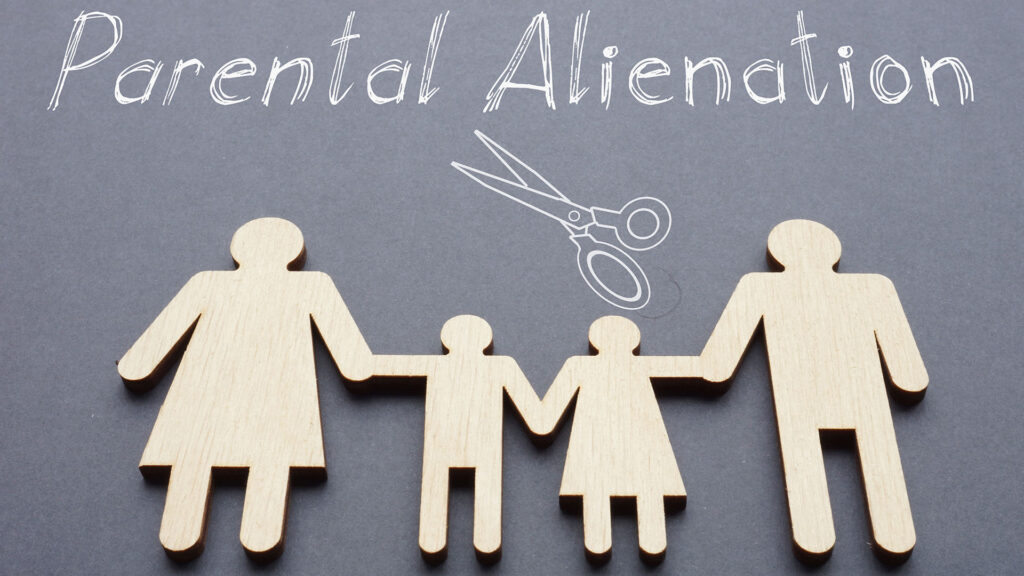The third spousal right for discussion is “elective share.” Absent a valid waiver of spousal rights, the elective share serves as a floor for inheritance. It presents a surviving husband or wife with the opportunity to make sure they receive at least thirty percent of the deceased spouse’s “augmented estate” or “elective estate.” A keen reader may notice the absence of the phrase “probate estate.” This is because the elective share applies to more than just assets that pass-through probate and which are controlled by a Last Will and Testament. The augmented estate includes a large swath of assets, including property held in a revocable trust, jointly held property, property with a right of survivorship, and certain property transferred prior to death.









